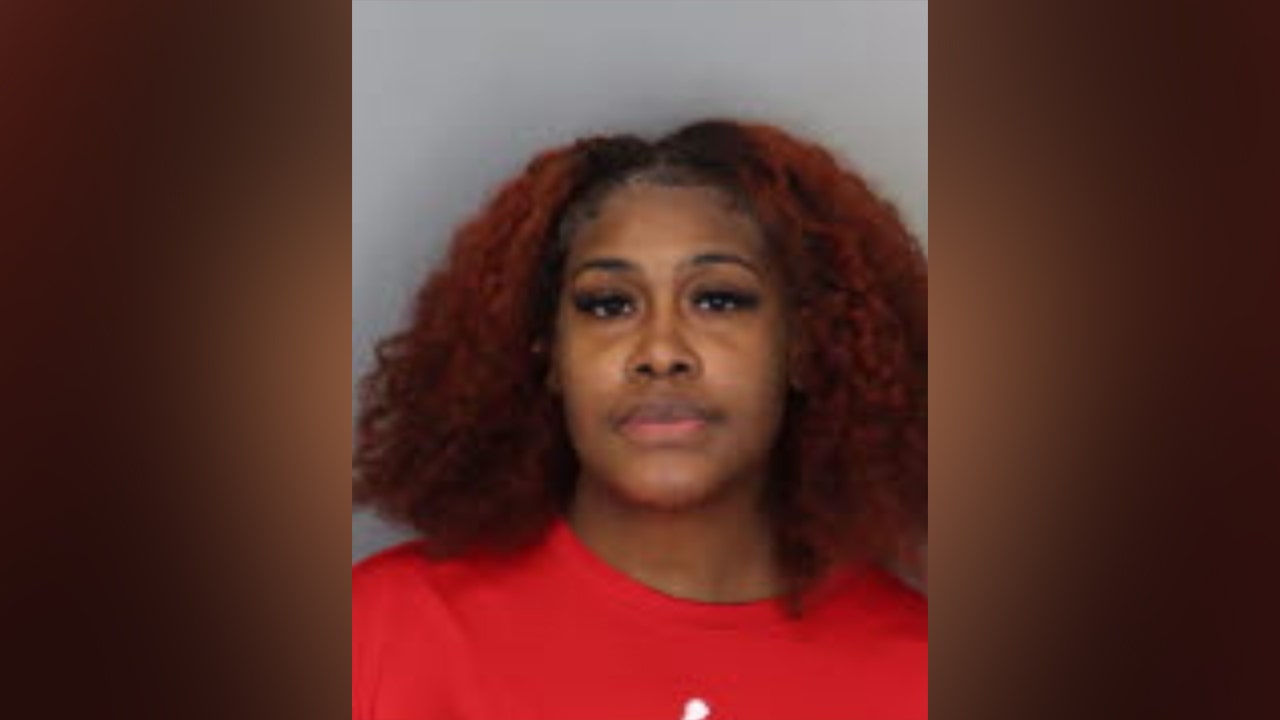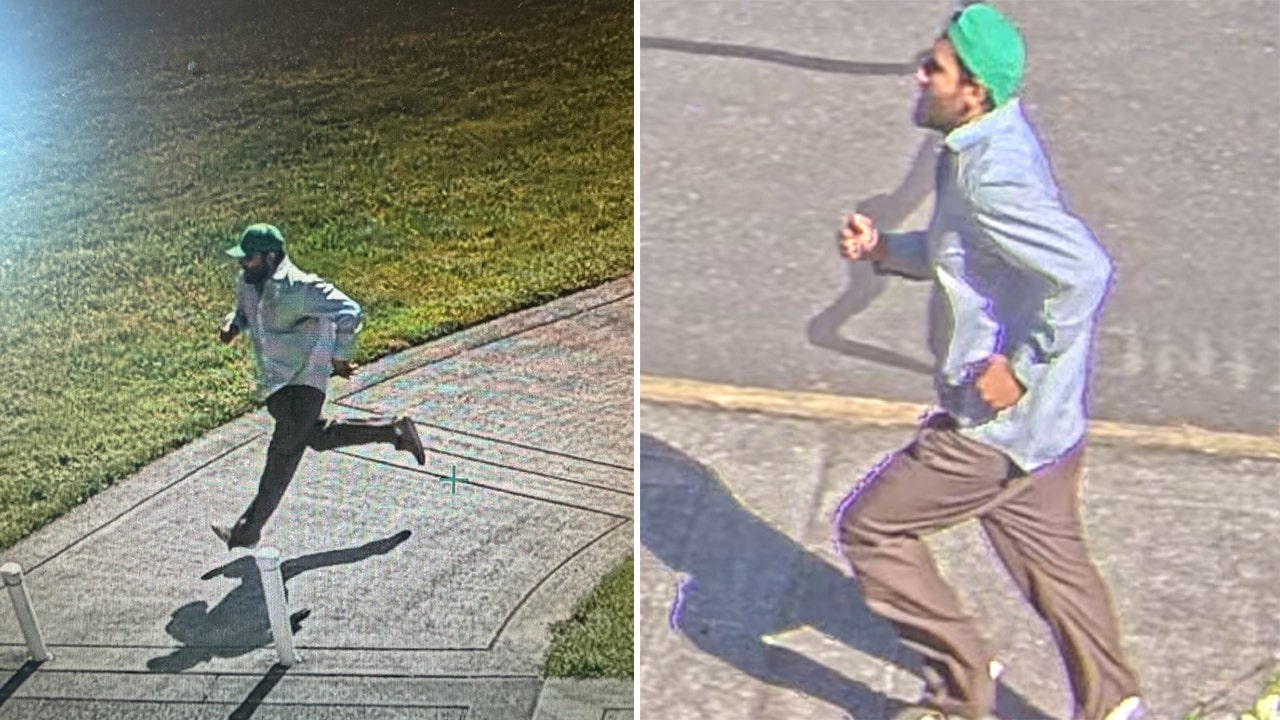When Willie Mays was perfecting his craft on the sandlots around Birmingham as a teenager in the 1940s, there was hardly anything bigger among the Black community than baseball. Overflowing crowds of Black fans packed Rickwood Field, the local ballpark, when the Birmingham Black Barons played, and on Sundays church would let out early so worshipers could watch baseball.
That is largely a bygone era.
“I don’t think they know anything about Black baseball as such,” said Charles Willis, 92, a high school teammate of Mays who played one season for the Black Barons, referring to Black children in Birmingham today. “Because nowadays, Black kids don’t play baseball.”
Major League Baseball went to Rickwood this week as a tribute to the history of the Negro leagues, a celebration that will now encompass a memorial service for Mays, who died on Tuesday at 93. The celebration, concluding on Thursday evening with a regular-season game between the San Francisco Giants and the St. Louis Cardinals, is largely about honoring the past. But it is also about looking ahead, wrestling with how to attract young African American athletes to play baseball at a time when African American representation in the sport has diminished.
“The biggest thing that excites me is that we are discussing baseball again in the Black community,” said Nelson George, a filmmaker who produced the 2022 documentary “Say Hey, Willie Mays!” “Because, let’s be frank, baseball has fallen out. The generation of Hank Aaron and Willie Mays and Bob Gibson, these were all-stars and the equivalent of Lebron — to any N.F.L. player.”
While still broadly popular, baseball has struggled in recent years to maintain its once tight grip on the national consciousness. As football and basketball have risen, baseball’s slower pace and reliance on nostalgia have threatened to make it seem less cool to younger American sports fans.
In 1981, over 18 percent of major league players were Black; the figure held steady until 1986, when it began to steadily decline. By 2021, almost 30 percent of M.L.B. players were Latino, who can be of any race, but only 7 percent were African American. As a result, the sport seems more disconnected from Black American audiences than in decades past.
Reflecting the decline, the Giants and Cardinals each had just one African American player on their rosters for the game at Rickwood — Jordan Hicks, a pitcher for the Giants, and Masyn Winn, a middle infielder for the Cardinals.
“It’s unfortunate,” Hicks said in an interview. “It’s ironic. I don’t think that’s going to be a great look.”
Hicks, who before Thursday’s game was planning to visit a local Boys & Girls Club in Birmingham, said: “I just feel like the decline of young Black baseball players in general is kind of alarming in a way. Hopefully, we can get them from the N.B.A. and football and kind of drag them out of there.”
When he was a boy, he said, “baseball was always expensive.”
“My mom was at times single when I was younger, but she did it — two kids,” he continued. “She would drag us around the practice — she never missed a game.”
For the Negro leagues veterans gathered in Birmingham this week as guests of Major League Baseball, it is a time of proud remembrance, against a backdrop of loss.
“We were just hoping you would have something to show to people, we were involved in this thing called baseball, and that God allowed us to stay long enough to enable people to see some of what we’ve done,” said the Rev. William H. Greason, 99, who was a teammate of Mays on the 1948 Birmingham Black Barons before entering the ministry.
Greason, who went on to become the first Black pitcher for the St. Louis Cardinals, added, “Most of the people who were living during our time and playing ball and so forth is gone.”
Rickwood Field, somehow both rickety and ancient and also newly polished to host a major league game, has for many decades been a gathering place for the Black community of Birmingham.
As a boy, Steve Brown, who is African American, attended games with his father in the 1970s, when Birmingham was home to an Oakland A’s minor league team that was stocked with future big leaguers like Vida Blue, Bert Campaneris and Sal Bando. He later worked at a concession stand at Rickwood, making pizza, and played ball there in high school. When he married, Greason presided over the ceremony.
Brown, 58, is now an official and a coach with the Birmingham Metro Little League, and he brought a group of young players to Rickwood this week as part of the effort to promote baseball in Black communities. Some of those efforts have been paying off: Major League Baseball recently publicized a survey showing that youth participation in the sport is growing. But Brown said that in many communities, playing baseball has become too expensive, because travel teams have overtaken Little League as the path for young players to succeed. At the same time, big-league teams have looked elsewhere to develop talent.
“Think of it: For so many years, M.L.B. was investing in the Dominican, in the Caribbean, and we’ve seen how those athletes have benefited from that,” he said.
These dynamics are evident even within Brown’s own household.
“My son is going to college on a football scholarship, and he’s got a 90-mile-per-hour fastball,” he said.






